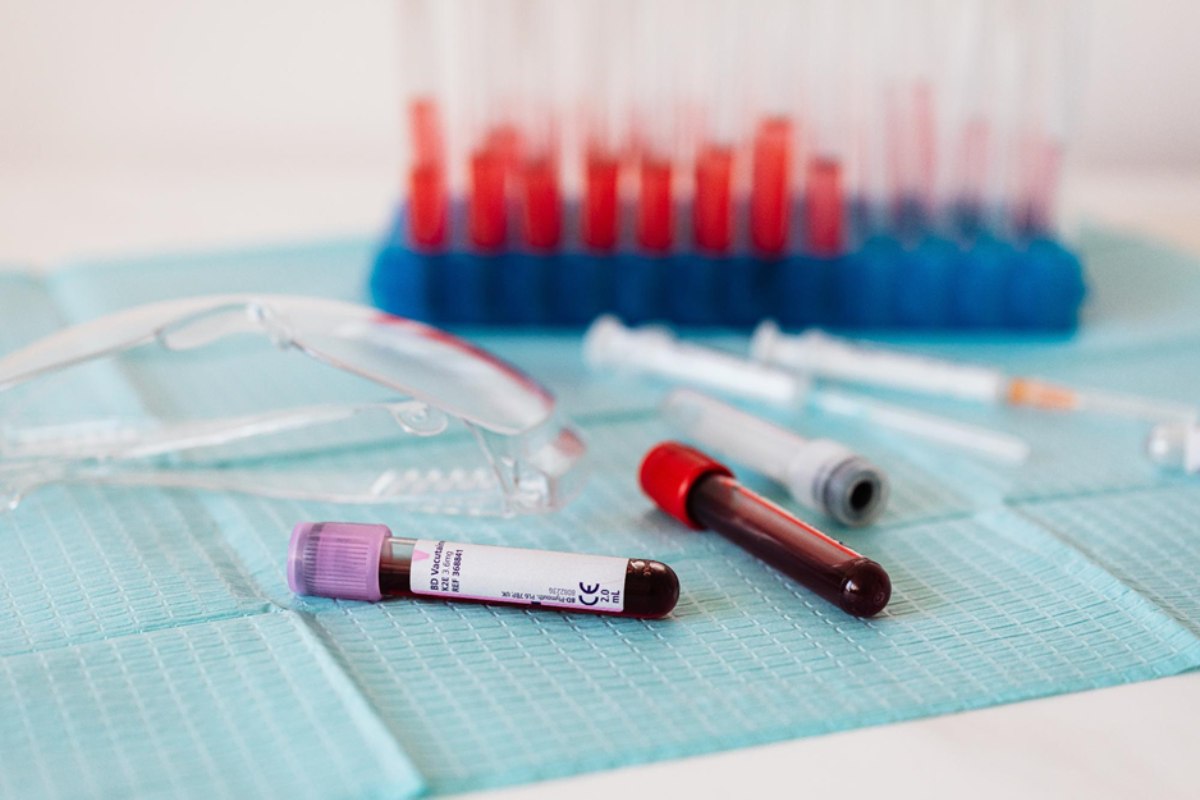The future of at-home diagnostics is an exciting and continually evolving field, promising to revolutionize the way we manage our health. With advances in technology and a growing focus on personalized medicine, self-testing and monitoring are becoming more feasible, accessible, and effective. The effect of at-home tests on personal healthcare management will be significant, as it allows greater control, more frequent testing, and increased opportunities for early detection. Let’s dive into the latest developments in this exciting field!
Emerging Technologies
Wearable technology, such as smartwatches and fitness trackers, have begun to incorporate health monitoring features that help track everything from heart rate to sleep patterns and even blood sugar levels. These devices offer a noninvasive and unobtrusive method for continuous, real-time health monitoring, allowing individuals to keep an eye on various health indicators and react to changes more quickly than traditional methods allow.
As smartphones become increasingly sophisticated, they’re playing a central role in at-home diagnostics. Many app-based tests utilize your phone’s camera, microphone, or other sensors to carry out tests for various health conditions. Examples include spirometry apps for monitoring lung function and apps that track and detect patterns in speech, cognition, and daily routines for early signs of neurodegenerative diseases.
Home Diagnostic Kits
Historically, at-home tests that required a blood, urine, or saliva sample were limited to simple tests like blood glucose or pregnancy tests. Recent advancements in biotechnology and the miniaturization of lab equipment, such as lab-on-a-chip technology, have expanded the list of conditions that can be tested at home. These developments are paving the way for more comprehensive home testing, including assessments of heart health, hormone levels, nutrition statuses, and even early cancer detection, such as non-invasive prostate MRI as an alternative to traditional biopsy methods.
With growing awareness of the importance of gut health, there’s been a surge in at-home tests that analyze your gut microbiome. Utilizing DNA sequencing technology, these kits aim to provide personalized dietary recommendations based on the unique composition of bacteria, viruses, and fungi in your gut. While this field is still developing, there’s potential for these tests to assist in developing personalized nutrition plans that promote overall health and disease prevention.
Telemedicine and Remote Care
As at-home diagnostics become more integrated into our daily lives, there is an increased demand for telemedicine and remote consultations with healthcare professionals. Virtual doctor visits, enabled by video calls and instant messaging apps, can provide timely advice about test results and necessary follow-up actions. This approach reduces the need for in-person appointments, saves time, and makes healthcare more accessible, particularly for those in rural or remote areas.
At-home diagnostics are not limited to physical health; they are also being developed to aid in mental health monitoring and support. Smartphone apps, wearable devices, and online platforms are being leveraged to track mood, sleep, and stress levels. They can provide resources and guidance for self-care, and in some cases, offer direct access to mental health professionals for counseling or therapy. This technology helps individuals to better understand and manage their mental health while destigmatizing the process of seeking care.
Regulatory and Quality Considerations
As at-home diagnostic tests become more prevalent, there is a need to ensure the quality, accuracy, and reliability of these tests. Regulatory bodies, such as the FDA, play a crucial role in approving new diagnostic methods and establishing guidelines for their use. Manufacturers and healthcare providers must adhere to stringent quality standards, providing transparent information about test limitations and accuracy, to ensure that consumers can make informed decisions about their healthcare.
At-home diagnostics offer many potential benefits, including convenience, reduced healthcare costs, earlier disease detection, and personalized healthcare strategies. However, there are limitations and concerns, such as the potential for misinterpretation or false results, privacy issues, and the need for ongoing updates as scientific knowledge advances. Additionally, it’s essential to recognize that at-home tests should not replace regular check-ups with healthcare professionals.
Genetic Testing for Personalized Healthcare
In recent years, direct-to-consumer genetic testing has emerged as a popular and accessible way to learn about potential genetic predispositions to certain health conditions. By understanding one’s genetic makeup, it’s possible to tailor healthcare plans to address these risks more effectively. While there’s still a need for caution and proper interpretation of genetic test results, they offer an opportunity for individuals to take more control over their long-term health strategies.
Overall, the future of at-home diagnostics is an exciting and rapidly growing field, with significant potential for improving personal healthcare management. As we continue to develop new technologies and gain a deeper understanding of individual health factors, the effectiveness and usefulness of at-home diagnostics will continue to expand. By embracing this new world of decentralized healthcare, we can foster a future where individuals play an active role in managing and maintaining their health, leading to better outcomes and a healthier society.


